Where does Money come from? What is the value based on?
Money is a destribution of wealth.
Money consists of our needs and wants, combined with the physical reality of the work for it. For instance, Gold. yes it does cost to find it and dig it out, but it is the scarcity of it that gives it the value. Symbols are symbols because they are rare…
Value of a Product is not its actual value but a combination.
Money is partilly the proportion of Value ( R) + Value ( P). R = Real + P= Perceived.
——–
The sharing economy is a way to monetize trust by letting users “rent” services together. A way to get rid of wasted space.
AirBnb. Living in strangers´ houses.
Blablacar. Increasing trust to travel with strangers.
Trust is the factor of success here. Yes, perhaps it is a good service as an idea, but will the overnight stay/car ride have an experience that is close to what you expect: tangible? tangible enough that you feel OK with making the purchase decision.
Increasing trust is done through a study of user experience engaging users. And organising the business around trust as a key performance indicator.
Read more about what to measure here:
Business in general increases trust to get the deal. To make the transaction more smooth.
Yes, money is built on trust. Business is trust. Sharing economy is built on monetizing the trust of sharing.
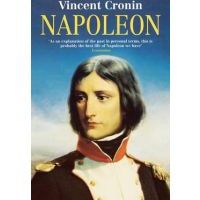



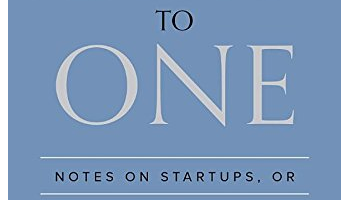

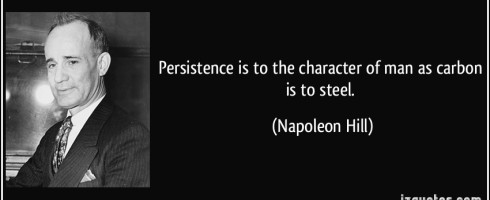
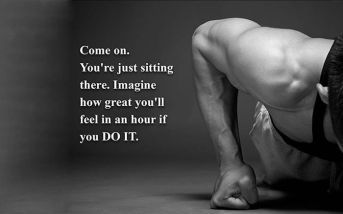


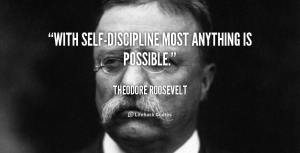
Recent Comments